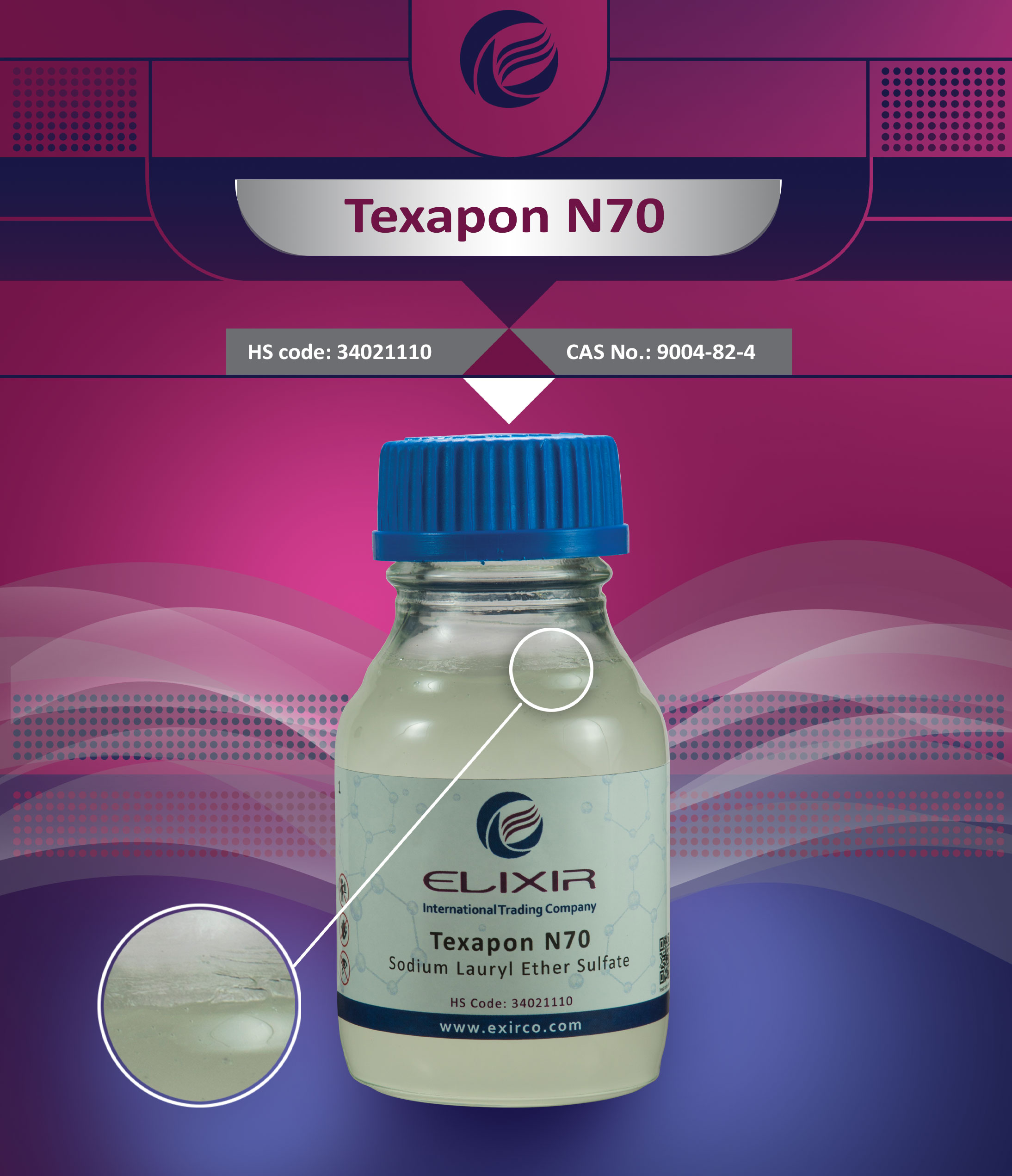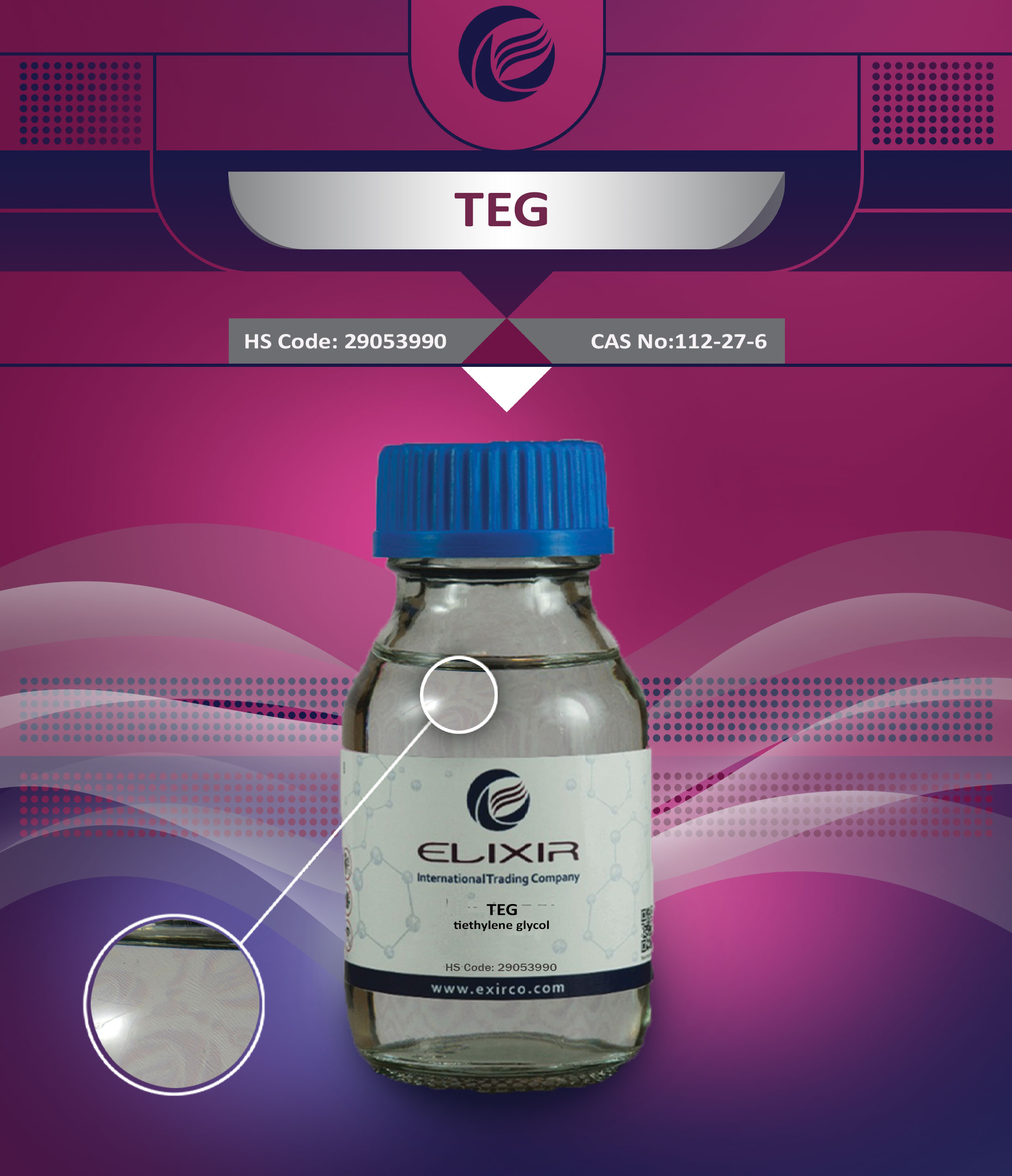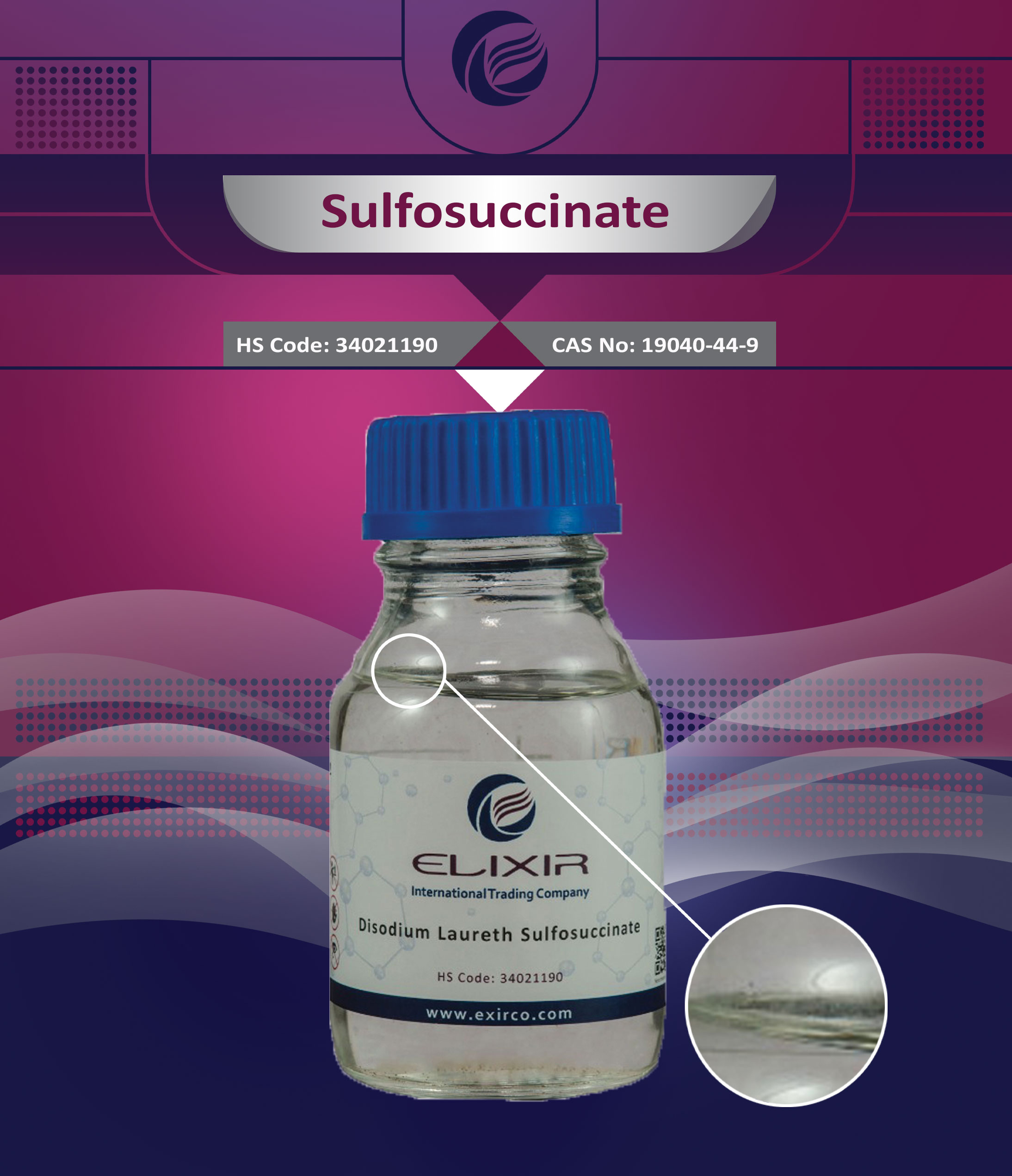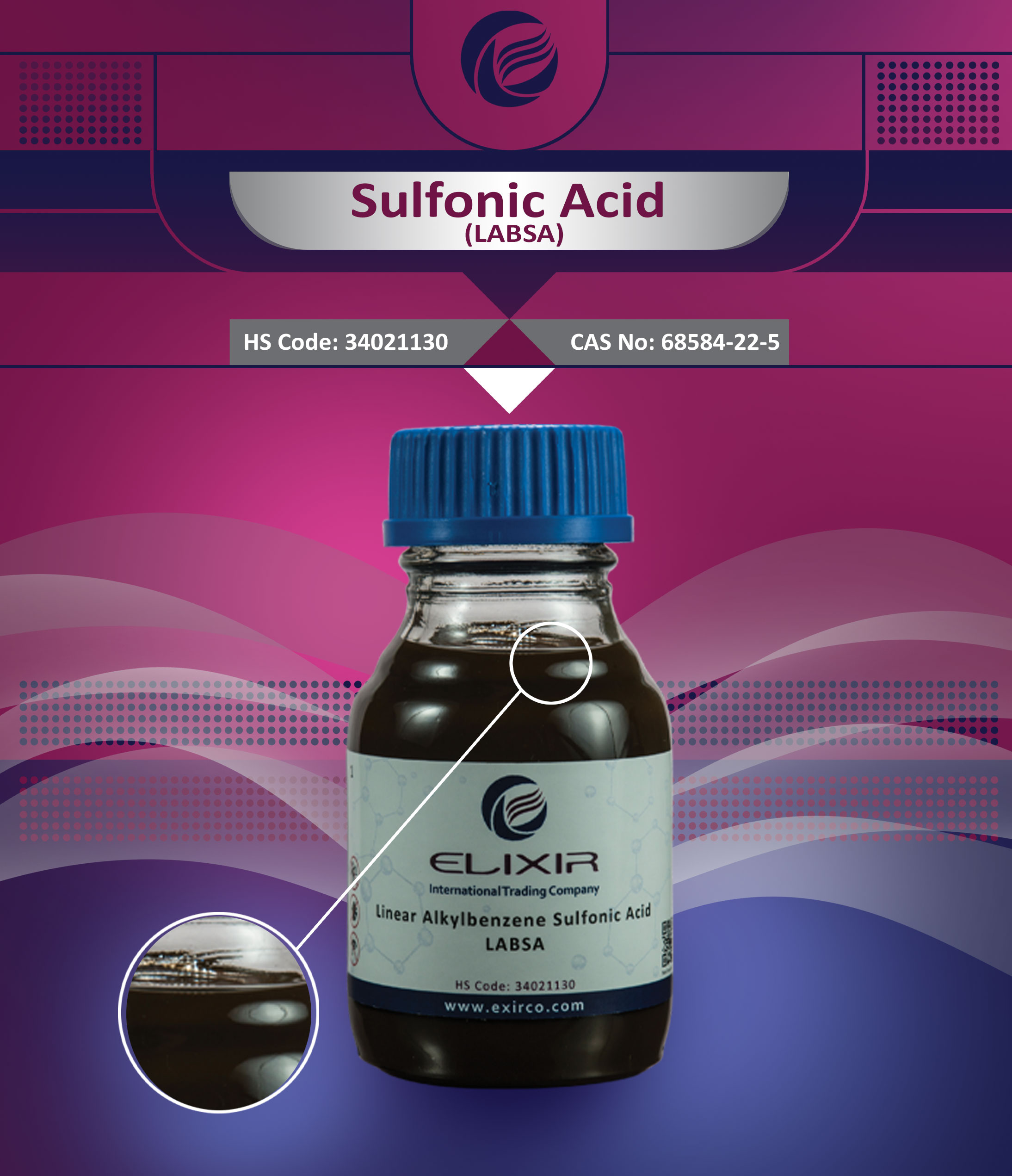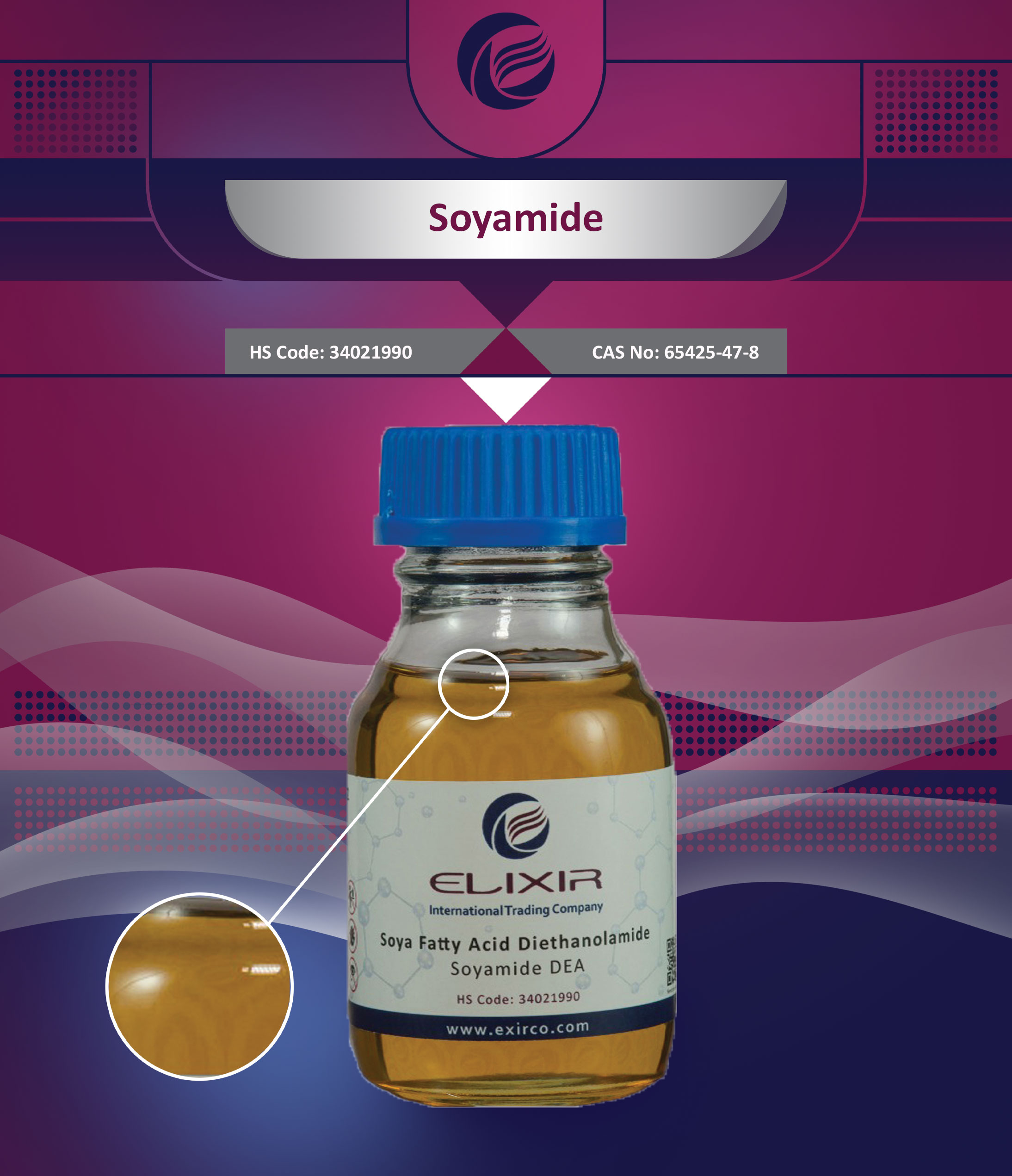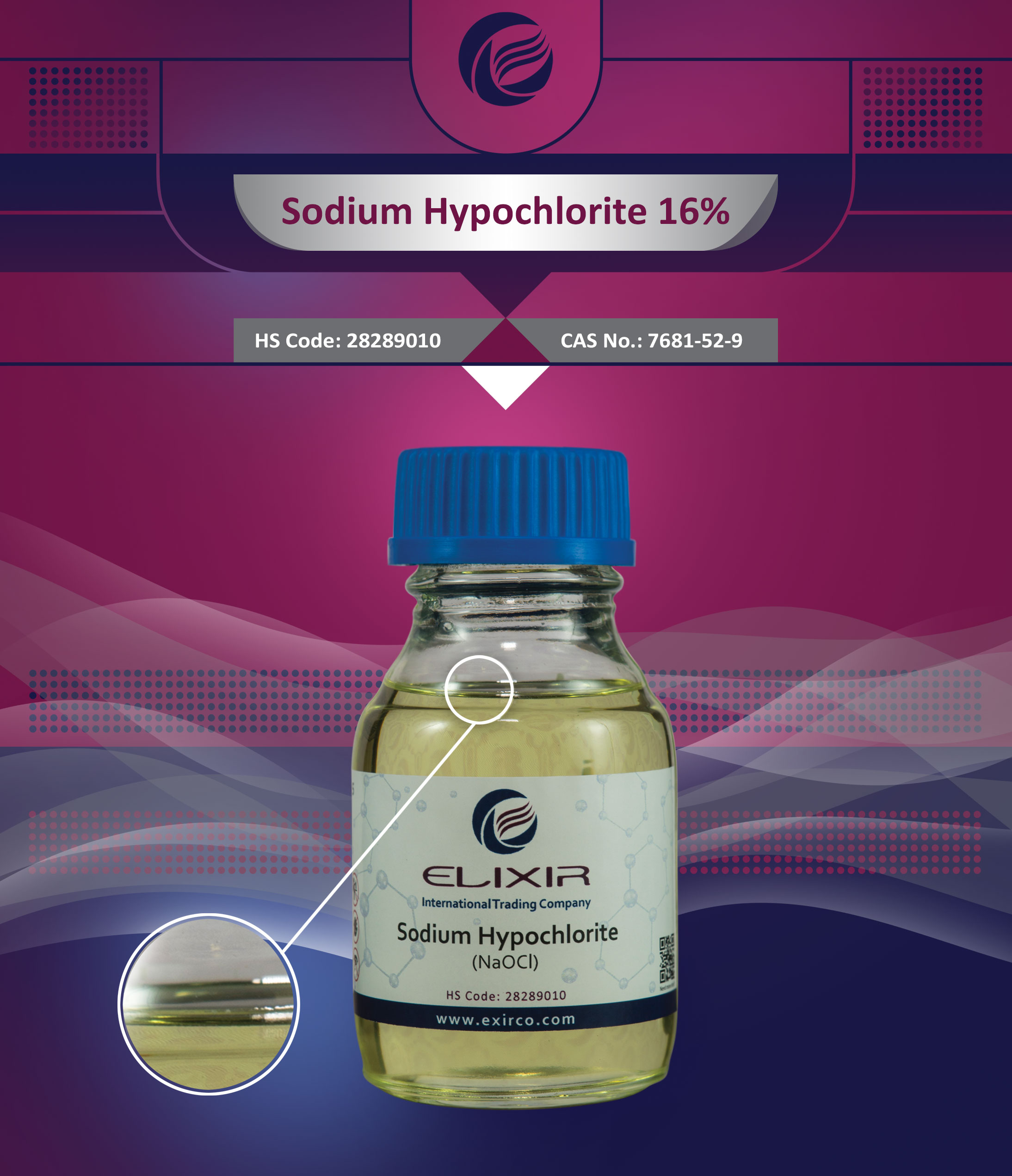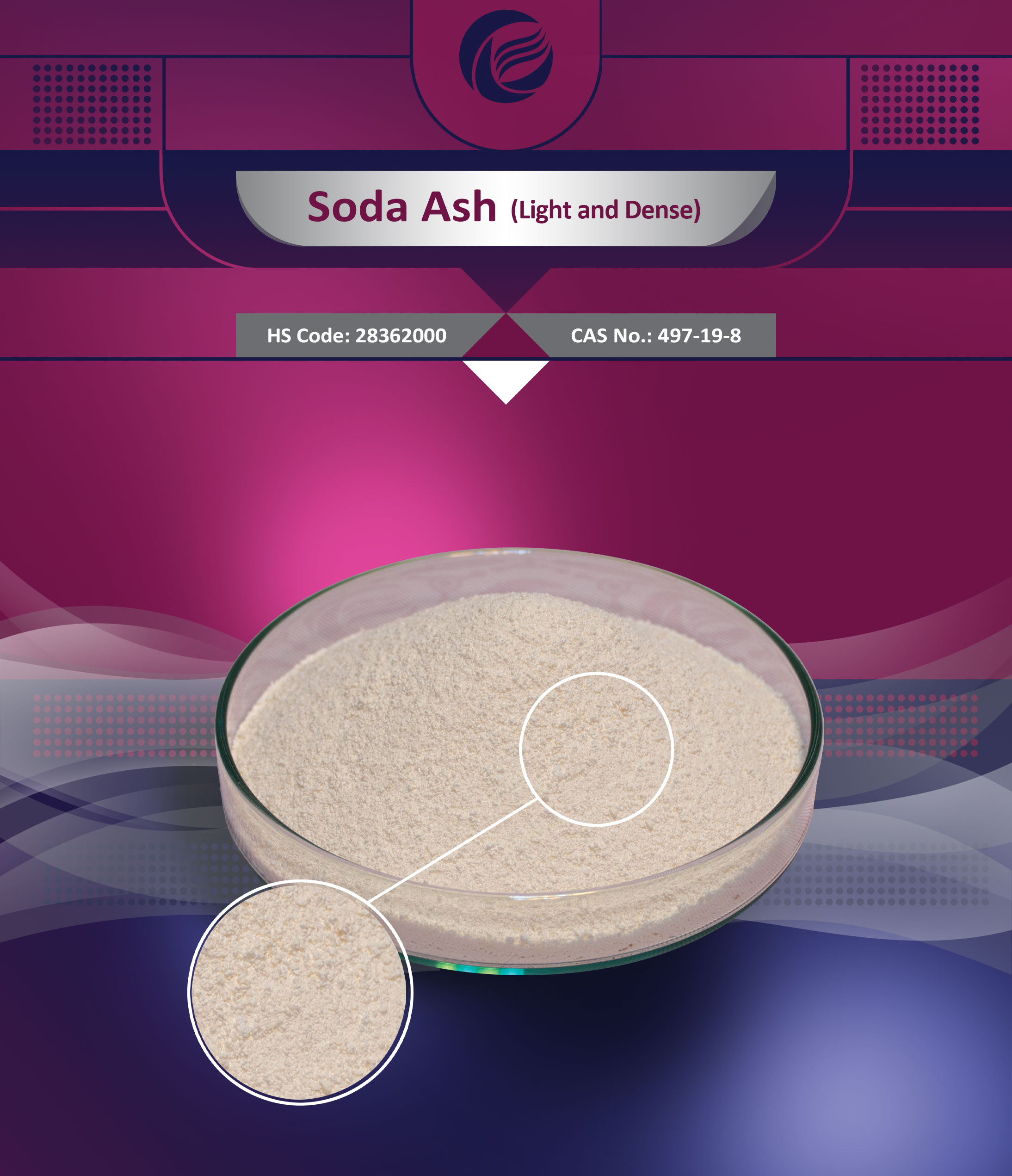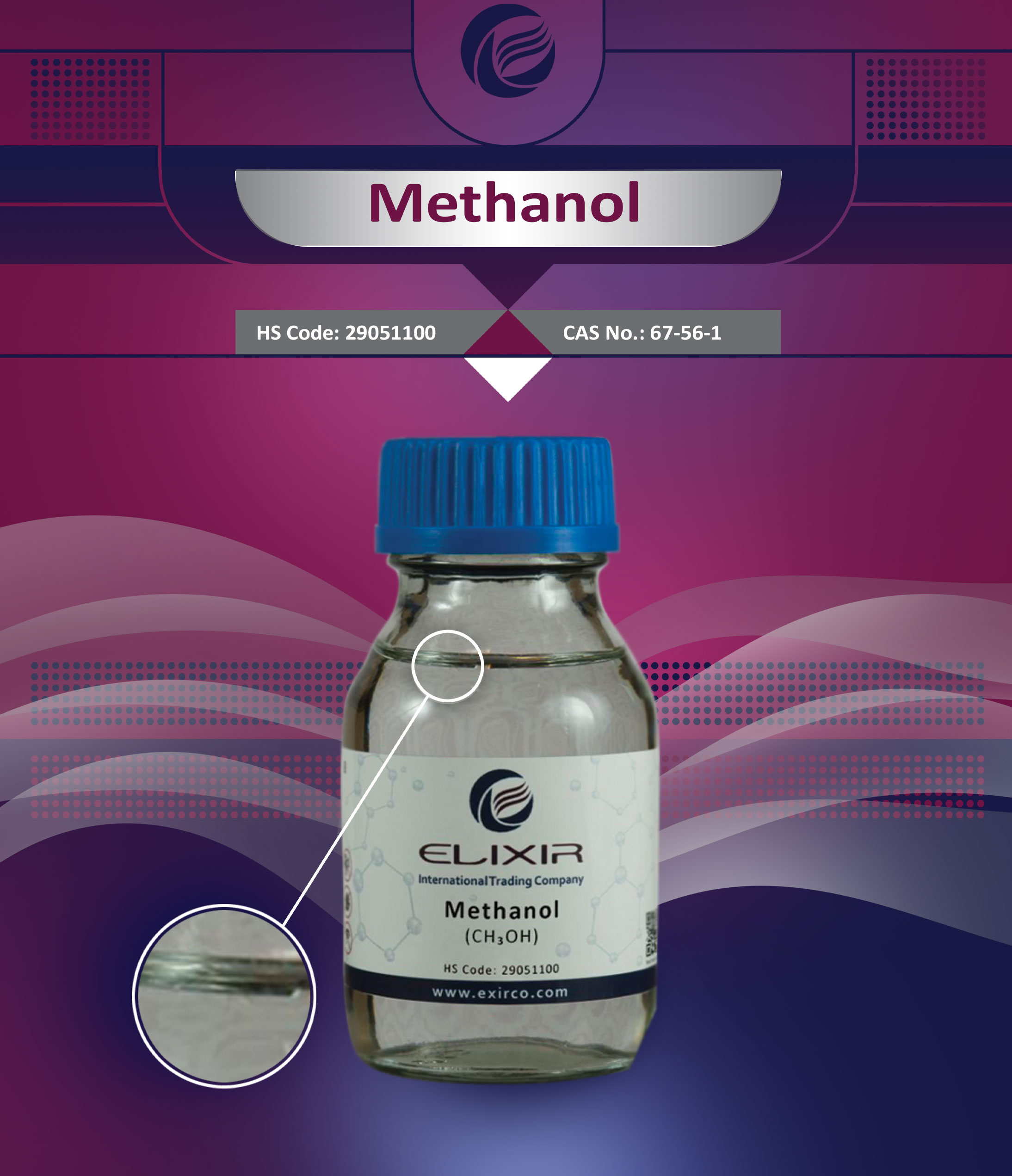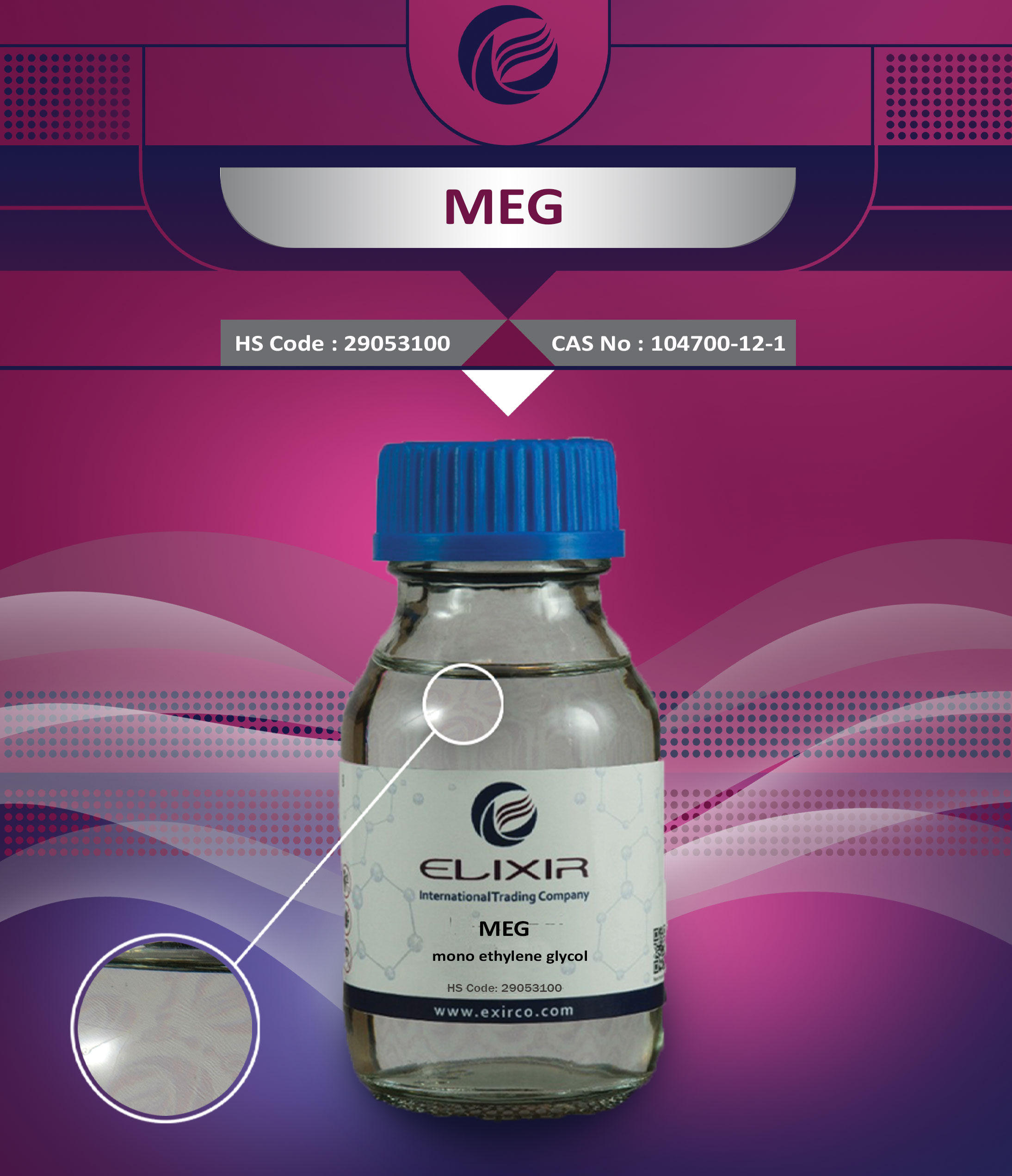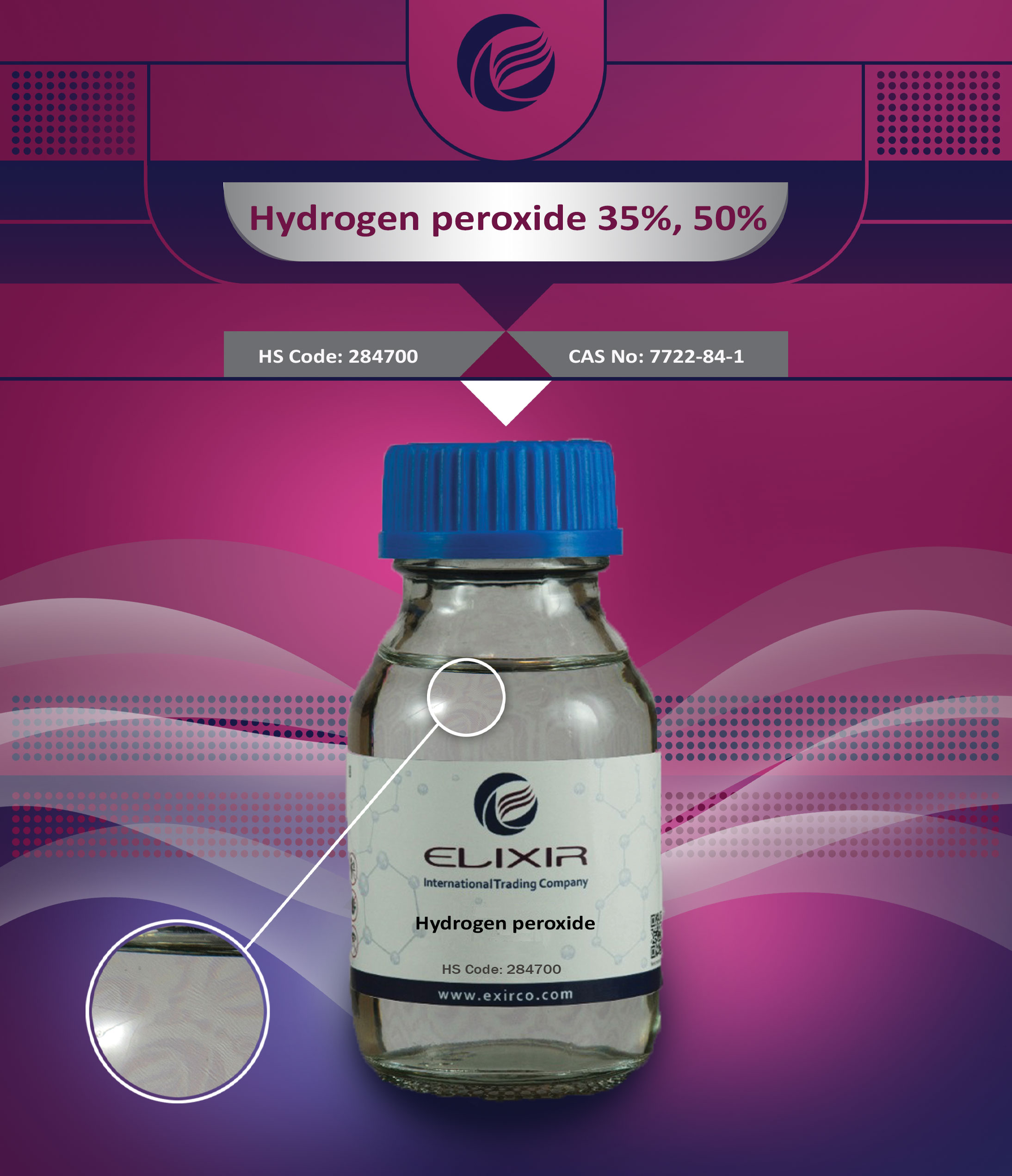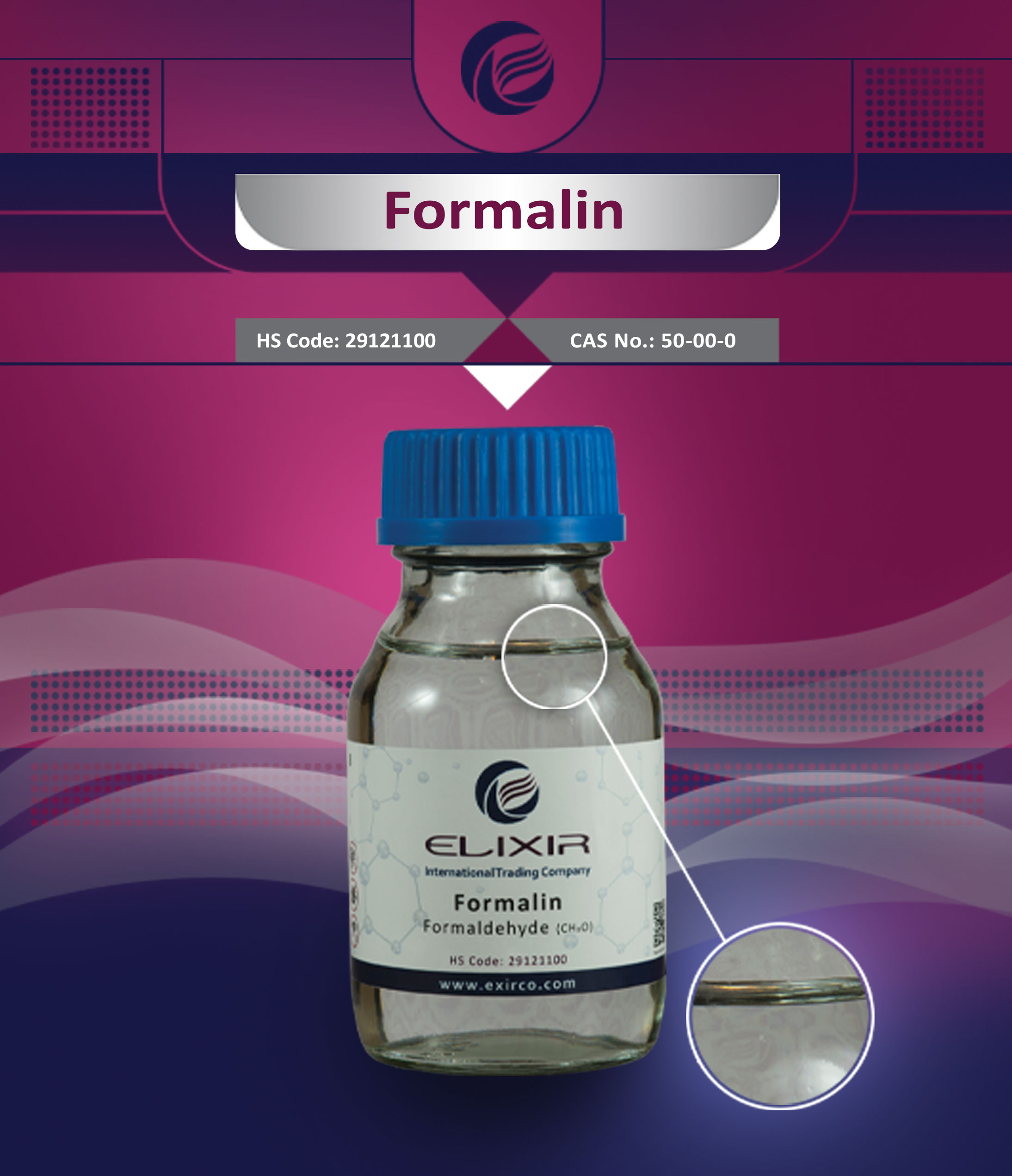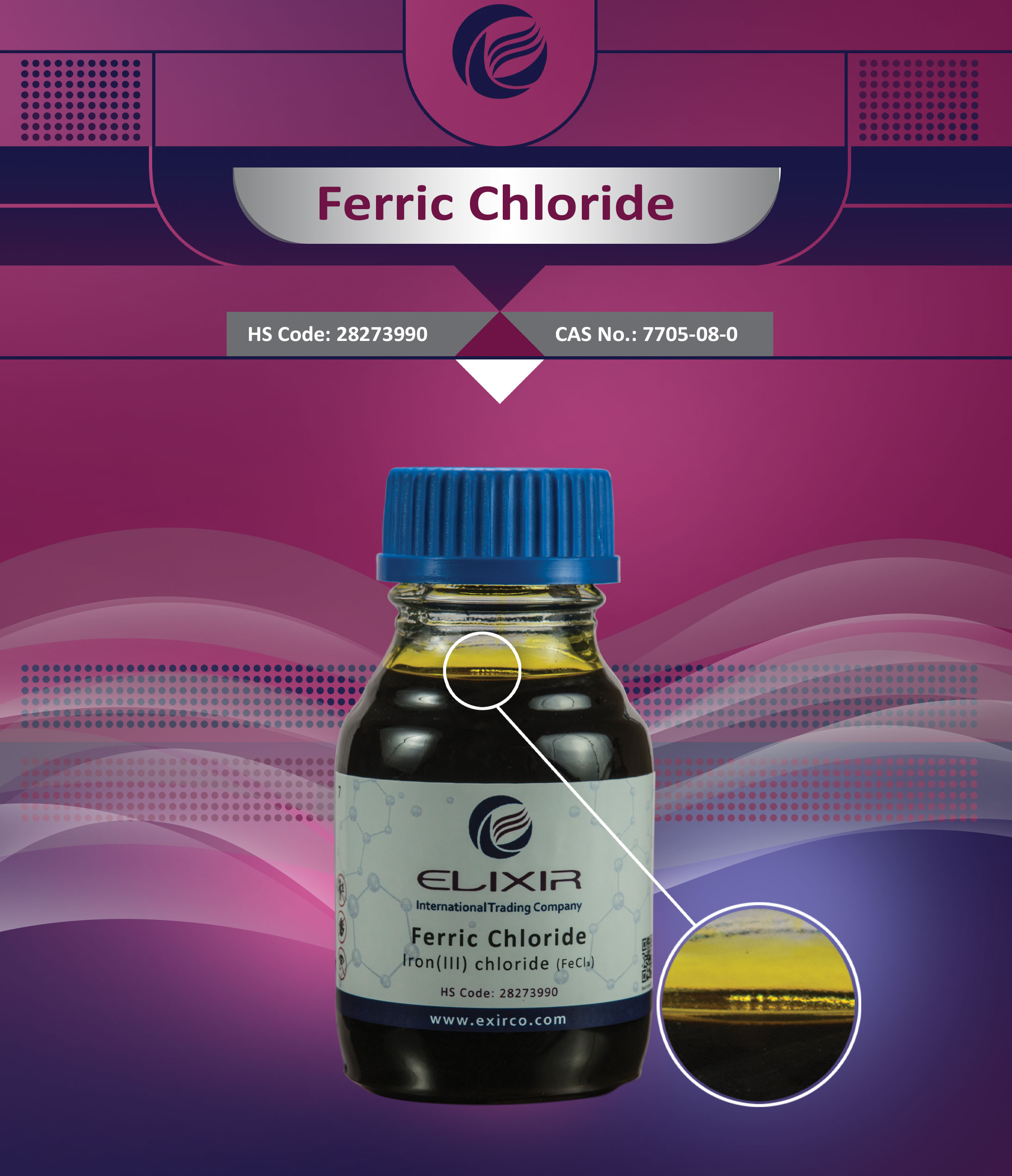Products

Chemical products
Chemical products have wide range of varieties from mineral to organic chemicals. all industries use different kinds of chemicals as raw materials or additives for their process. Exir Company has traditionally focused on detergents and hygienic chemicals however is one of the main resources to supply specialty chemicals in the region

Oil products
As the main and largest export field of our country, oil products consist a large sector in our products basket.
On the other hand we import premium quality oil products for domestic industrial users. Products like raw and calcined petroleum coke.

LUBRICANTS AND ENGINE OILS
Different kinds of lubricants for industrial uses and several grades of engine oils with international quality certification are a main field of activity in Exir Company.
Last Products
Special Product
Petroleum coke
Petroleum Coke is a black substance that is mainly composed of carbon and is obtained from the thermal decomposition of heavy hydrocarbons in crude oil and bituminous resources. During this process, the heavy oil residues and coal tar bitumen are converted into some kinds of gases, liquids and coke. Petroleum Coke obtained from oil sources is highly demanded because of its low ash compared to coke from coal mines.
Petroleum Coke is divided into granular, sponge and needle Petroleum cokes based on raw materials and production process factors. Each type of Petroleum coke has its own unique characteristics and chemical comppsition, according to which they can have various applications in the industries.
Petroleum coke is the most important raw material for making electrodes and it is formed with different structures from needle coke to liquid coke. Due to its structure, needle coke is necessary for making electrodes and it is used in electric arc furnaces where a high temperature degree of tolerance against electricity, mechanical and thermal stresses is required. Petroleum coke is exclusively produced by the cooking process, which is a slow process for carburizing crude oil distillation waste. Needle coke is usually referred to as a special type of Petroleum coke that has a high ability to become graphitized.
There are several possible ways to produce coke, the best and most common of which is delayed coking. Only with this method, under suitable temperature and pressure conditions and the correct way of injecting bitumen with water, we can create the right space for the formation of graphite layers. provided together and in absolute peace. This seemingly simple process is so technically and equipment complex that it cannot be implemented in a short period of time relying on indigenous knowledge on a large industrial scale with confidence
Graphite petroleum coke is produced by performing desulfurization on calcined petroleum coke. It can be said that one of the most important factors in this product is the amount of sulfur or gourd in it, which should be kept as low as possible. In graphite petroleum coke, the amount of sulfur varies from 0.03% to 0.05%. This type of coke is also called low-sulfur coke in the petroleum term. The main consumption of graphite petroleum coke is in cast iron casting industries, as an additive as a carbonizer, rubber and plastic industries. In general, the amount of sulfur in crude oil is between 0.025 and sometimes around 7.89% by weight, depending on the type of source. It is variable.
Crude oils with higher viscosity and density have large amounts of complex sulfur compounds. Various methods have been proposed for desulfurization of crude oil and refined fluid. These strategies include hydro-desulfurization, extractive desulfurization, oxidative desulfurization, bio-desulfurization, alkylation-based desulfurization, chlorinolysis-based desulfurization, and supercritical water desulfurization. The best method with the best efficiency for desulfurization from heavy oil is spontaneous oxidation with thermal decomposition
Calcination is a process by which petroleum coke is subjected to high temperature (about 1300 degrees Celsius) to decompose methyl and hydrogen groups attached to aromatic rings. Calcined coke is produced from almost pure carbon and a very small amount of hydrogen. This dense coke has favorable properties for industrial applications. Calcination reduces moisture and volatile substances of coke and improves the physical properties of coke
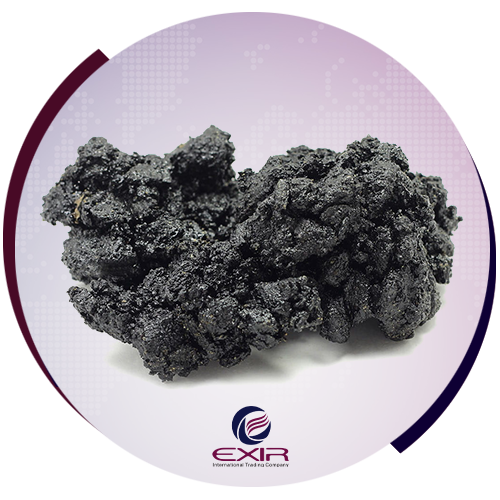
7/24 Support
We are with you from the beginning of the order to the moment of delivery
Do you need advice
Our colleagues are ready to answer any of your questions. If you need a consultation, get started now for free
Resources
© 2021 ElementsKit All rights reserved.

